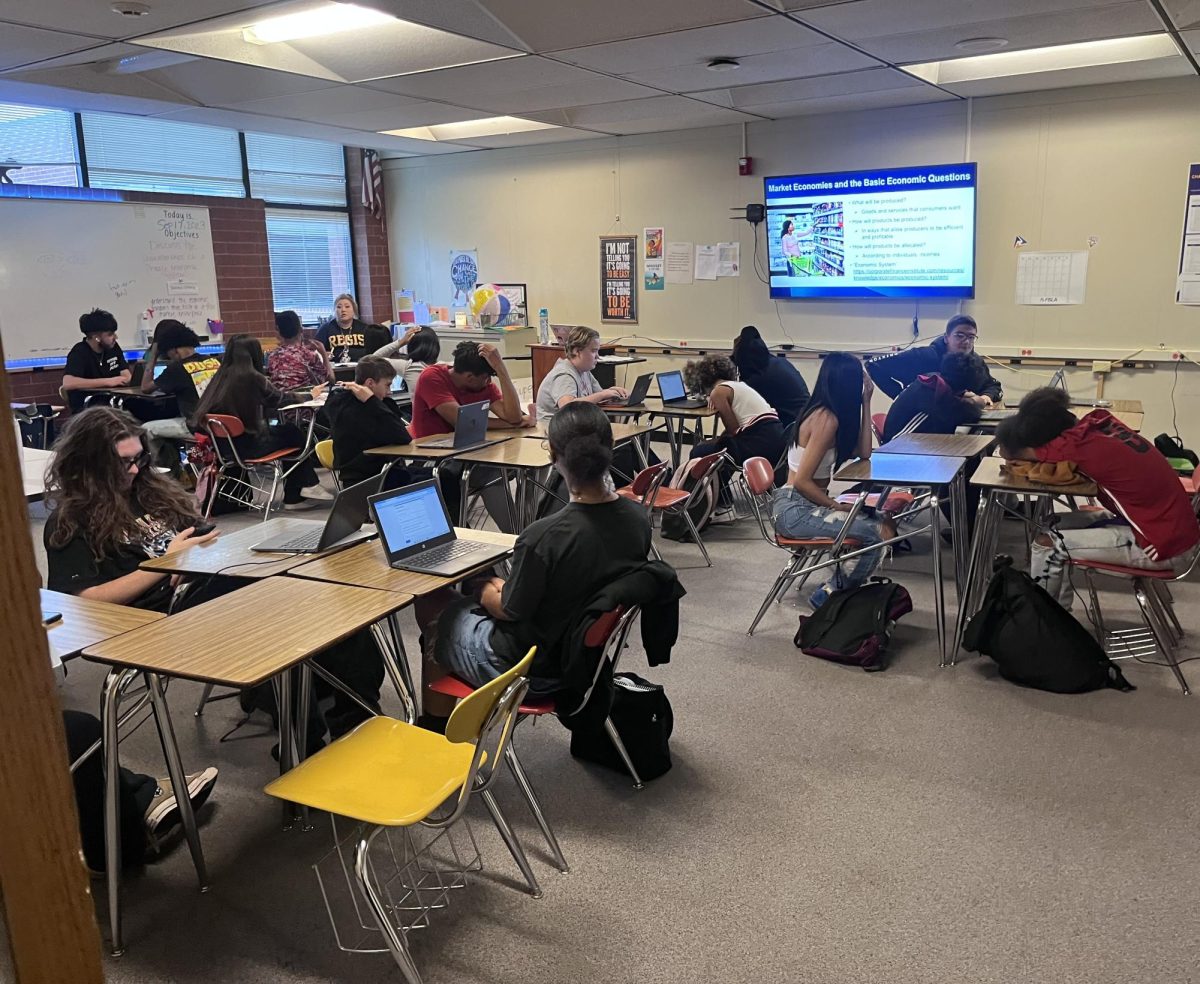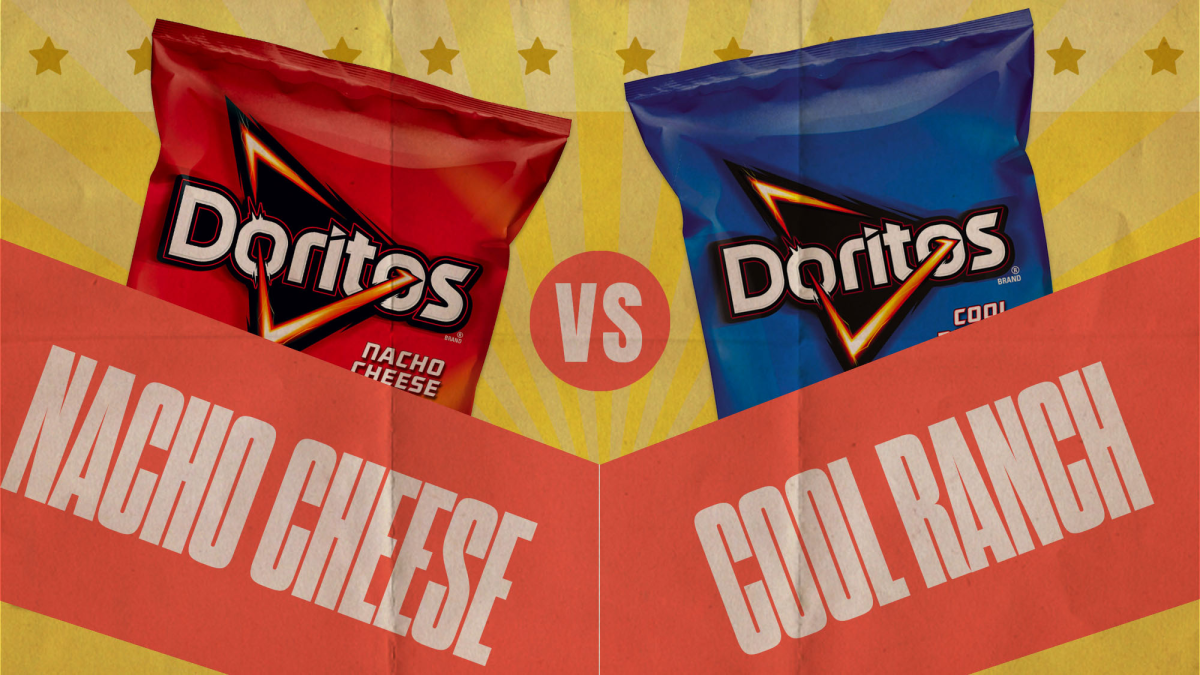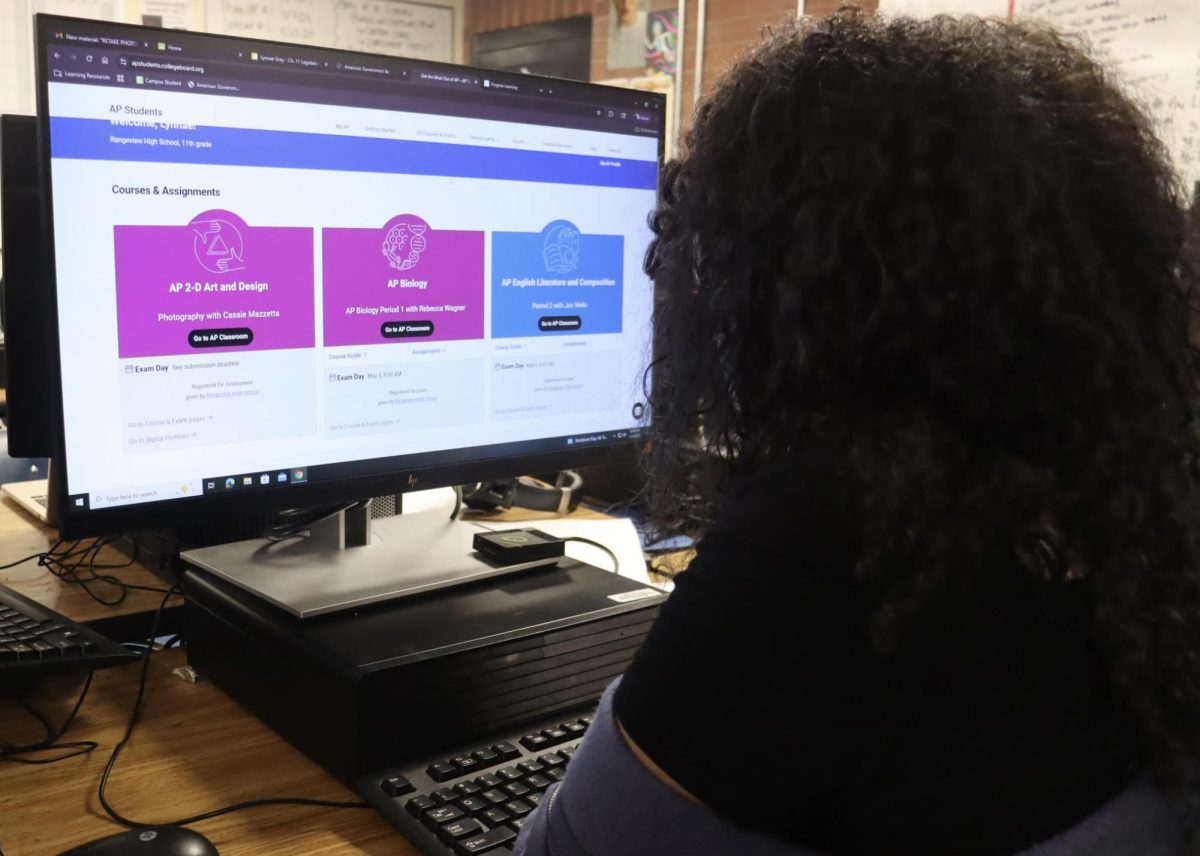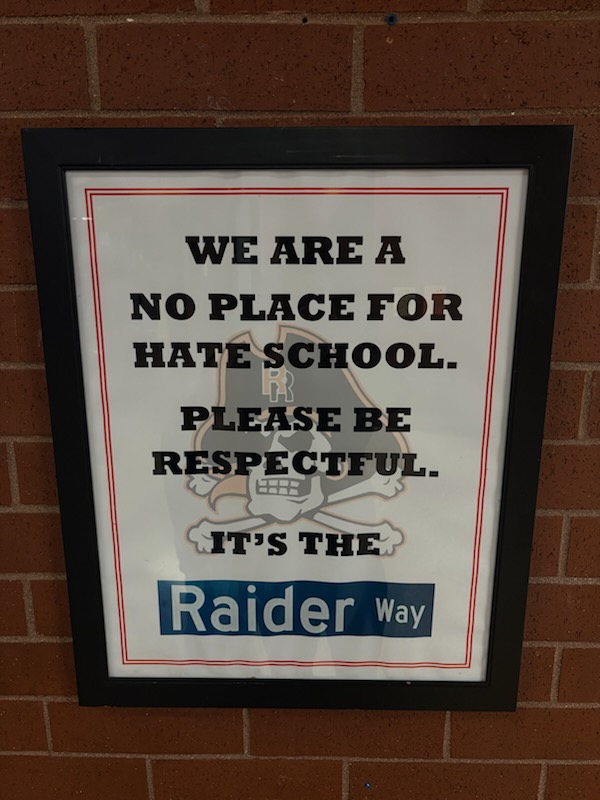Feature Photo By: Dominique Harlan – A student in the commons work diligently on their class assignment. According to Psychology Today, “…new studies show that childhood verbal and emotional …[abuse] …can damage its victims as lastingly and harshly as can physical assault.” Children that experience verbal and emotional abuse from a toxic parent can negatively impact performance, motivation, communication skills/social interaction, and so on (inside and outside of school).
The moment you are birthed into this world, the fight for your life begins. Thus, the first two people you grow to naturally rely on are your mom and your dad.
You pick up on their habits, their beliefs, their norms, and so on. With ease they can easily become your greatest teacher, or the figure you wish to grow up and be just the opposite of.
Parenting is such a vital role that is played in a child’s life and because of this, I want my generation to be the one that breaks the cycle of toxicity within parenthood.
Why a toxic parent is so dangerous
A toxic parent is someone who doesn’t treat their child(ren) with respect.
I grew up in a generation that is attempting to no longer follow the trends of the ones that came before us. We recognize that we feel things and that it’s okay to, and that we embrace instead of shame.
Children mirror the patterns they see, and patterns can easily become habits. If said habits are negative, they are likely to take a toll on the mind.
Toxic parents can lead to a few emotional responses: hatred; disgust; detachment, and in serious cases, suicide.
Data shows that:
- “Whites have a suicide rate of 18.5 per 100,000 people, leading to the highest total number of suicides for any racial or ethnic group in the U.S…” read more here.
Meanwhile, research also shows the growing epidemic in some minority communities as well where suicide research is underrepresented:
- “African American children are taking their lives at roughly twice the rate of their white counterparts… To me, the 5-12 range is more related to developmental issues and the possible lack of a family network…” read more here.
- “In addition, Latino youth appear more vulnerable to suicide attempts than white teens. In 2017, 8.2 percent of Hispanic high school students attempted suicide…” read more here.
It is okay to show your sons affection, it is okay to love your daughters without shaming them, and it is okay to correct children without bringing on the toll of emotional abuse.

The “entitlement” of Gen Y and Gen Z
A generational curse can be defined as several ideals, but is most commonly known as a concept your relatives couldn’t break free from that is shackled onto you.
There are several examples of generational curses (divorce, lack of instability, and so on), but the most common is toxicity.
Though it might be unusual to view this as a “curse” per say, toxic parenting has become so integrated into society that it has become normal.
Some day-to-day scenarios include:
- You’re in the fifth grade. You’re struggling in your classes and don’t know how to reach out for help and because of this, the grades on your report card aren’t so great. After your parents see it, they yell at you and believe grounding you is the best solution, though your punishment has no direct correlation to the improvement of your grades. This is toxic.
- You just started the ninth grade at a brand new school. You’re having a hard time making friends and you feel as though you don’t exactly “fit in.” You notice that your lack of motivation is prominent, it’s harder and harder to get out of bed every day, and your thoughts have become your worst nightmare. Due to this, you speak to your parent who responds, “What do you have to be depressed about? You’re so young, you have a roof over your head and clothes on your back, you sound ungrateful.” This is toxic.
- You aren’t perfect; you make mistakes. You own up to this and take accountability for your actions through apologizing and fixing the problem. On the other hand, you begin to take notice that your parents don’t. Even when they are wrong sometimes, they never admit it to you or muster up the courage to apologize. This is toxic.
Generations Y and Z are compiled of individuals who no longer wish to continue passing on pessimistic cultural paradigms just because society has conditioned us to believe they are normal.
Revising a tradition doesn’t mean it is associated with being entitled, soft, and/or sensitive, it means we want to see change.
Recognizing, detaching and learning from a toxic parent
According to a few points from psychologytoday.com, your parent might be toxic if they:
- Overreact or create a scene.
- Use emotional blackmail.
- Make frequent or unreasonable demands.
- Criticize or compare you.
- Manipulate, use, guilt, or play the victim.
- Disregard your feelings and needs.

Our parents were taught by theirs what is right/wrong, and by reflecting this on you, they believe they are right, but they aren’t always.
It takes both love and strength to protect and nurture children — unintentionally, through being toxic, parents often feel as though they are doing their best.
Despite this, it is in a parent’s nature to want to be the best for their child and show them unconditional love and support.
As a teen, if you feel as though your parents are toxic, it is best to be open and talk to them because chances are:
- They probably weren’t aware the extreme tough love they were showing was hurting instead of helping…
- They yell at you because they haven’t been informed of other ways to get their point across…
- They impose their own beliefs on you (be a doctor/nurse, be a lawyer, be an engineer) because they were taught that pursuing other career paths connotes with instability.
With these ideas in mind, we learn from our parents and grow to forgive them.
On the other hand, if your parents are overboard with their toxicity, psychologytoday.com recommends detaching.
Detaching emotionally can be difficult to master at first, but includes, “…not reacting, not taking things personally, and not feeling responsible for someone else’s feelings, wants, and needs,” says author Darlene Lancer.
Through the process of detaching, it is important to note that if it is your goal to become a parent one day, you must take account of the things your parents did to you that you will avoid doing.
No more saying, “I brought you into this world and I’ll take you out,” or “I’ll give you something to cry about.”
Overall, your parents love you and express it in the way that they’ve been taught.
Your parents are your teachers — learn from them with any situation and be the person you wish to be for future generations to come. Show them love without being the reason they wish to avoid knowing it and expressing it.
Toxicity in parenthood didn’t start with this generation, but it can end with it.






